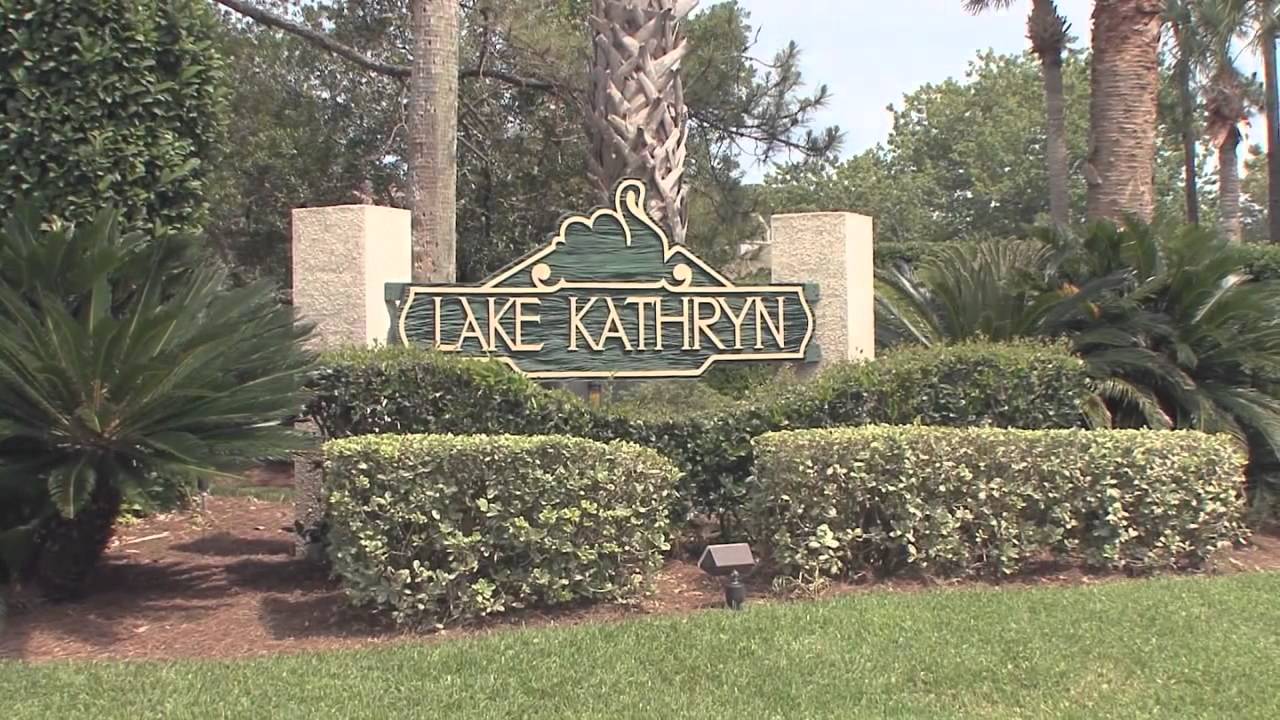The variety of properties available on the Dallas-Fort Worth real estate market can inspire awe, even among the most experienced of home buyers. From upscale, sophisticated mansions to rustic ranch retreats, Dallas-Fort Worth simply has it all. Land fragmentation, however, can pose a very real problem for home buyers who are looking to purchase rural properties with a clear-cut entryway and exit. That’s why it’s important to know which easement rights are associated with a property before purchasing land. These rights can ensure that you’re afforded a right-of-way to your property that is as clear as day.
Who Can Be Granted Easements?
Easement rights can be granted to any individual, business, or entity that requires access to the land leading to it. For example, if you purchase property and direct access to a public street doesn’t exist, you may have to acquire an easement from your neighbor in order to regularly cross his property and reach the road. Similarly, businesses or entities that require access to property, like utility or cable companies, may need to utilize an easement to access their infrastructure elements.
What Types of Easements Are There?
Generally, there are two types of access easements that owners of landlocked property should be aware of: appurtenant and in gross. Appurtenant easements are legally linked to the land and, once a landlocked property is purchased, the easement can be transferred to the new owner. In contrast, an easement in gross is associated with a specific person who has been granted the easement. As a result, an easement in gross may have been granted to your land’s previous owners, but may not be granted to you.
If you purchase land that provides an access easement to a neighboring property, you’ll likely be legally responsible to honor the agreement. It can be important to understand that you may have to maintain the land that is being used by your neighbor to access his property. As the new owner, your duties can include ensuring that the land remains tidy and accessible.
Avoiding Easement Disagreements
To avoid the potential hassle of an easement dispute, thoroughly research properties that you’re interested in before signing on the dotted line. Since an appurtenant easement is legally binding, a basic property title search can inform you if one is tied to your land. You may also be able to glean details about who you would be sharing your land with, if you were to purchase the property. As a buyer who is invested in maintaining your home’s value, you will want to know these details to protect your land’s integrity and ensure that the easement does not allow other parties to damage or modify your property.
Consider putting together a skilled team of experts to address any easement issues that present themselves during the home buying process. A lawyer who specializes in real estate matters and a knowledgeable real estate agent can advise you about the current, legal state of your property and offer warnings about any potential pitfalls when purchasing a property with easement agreements attached to it. Having these types of professionals to consult with before closing on your new home can save you thousands of dollars, offer you peace of mind, and can ease tensions between you and your new neighbors.
[cf]skyword_tracking_tag[/cf]






